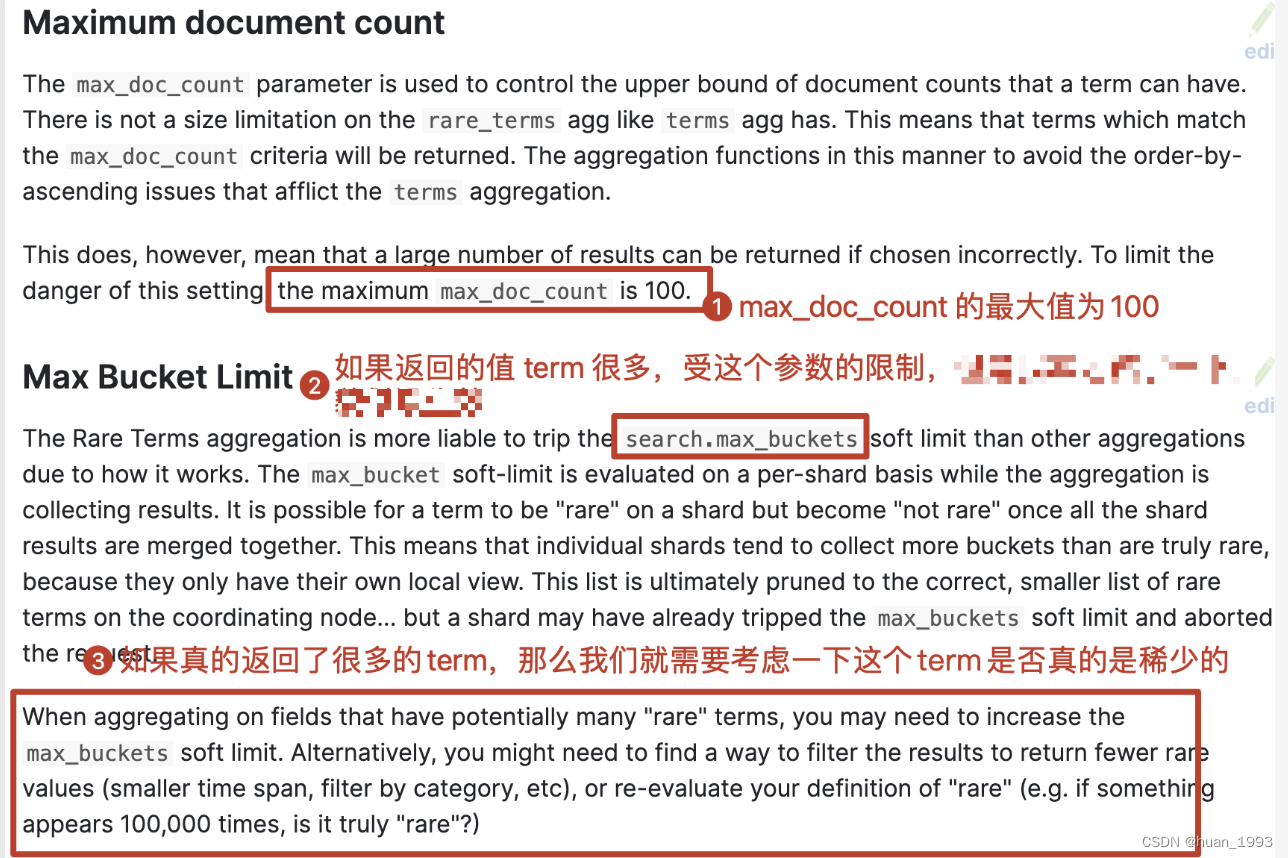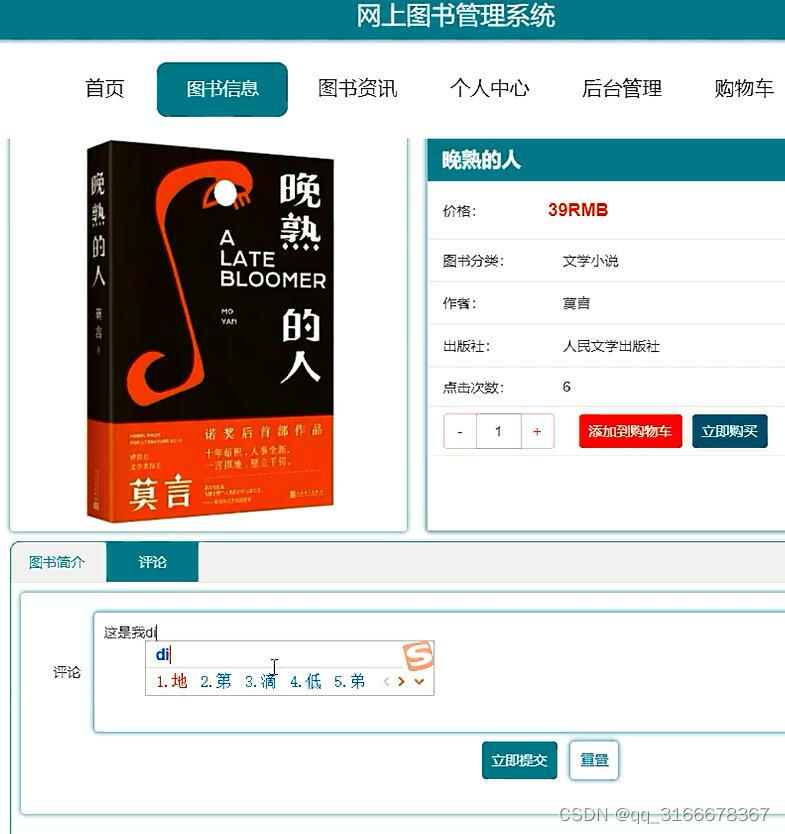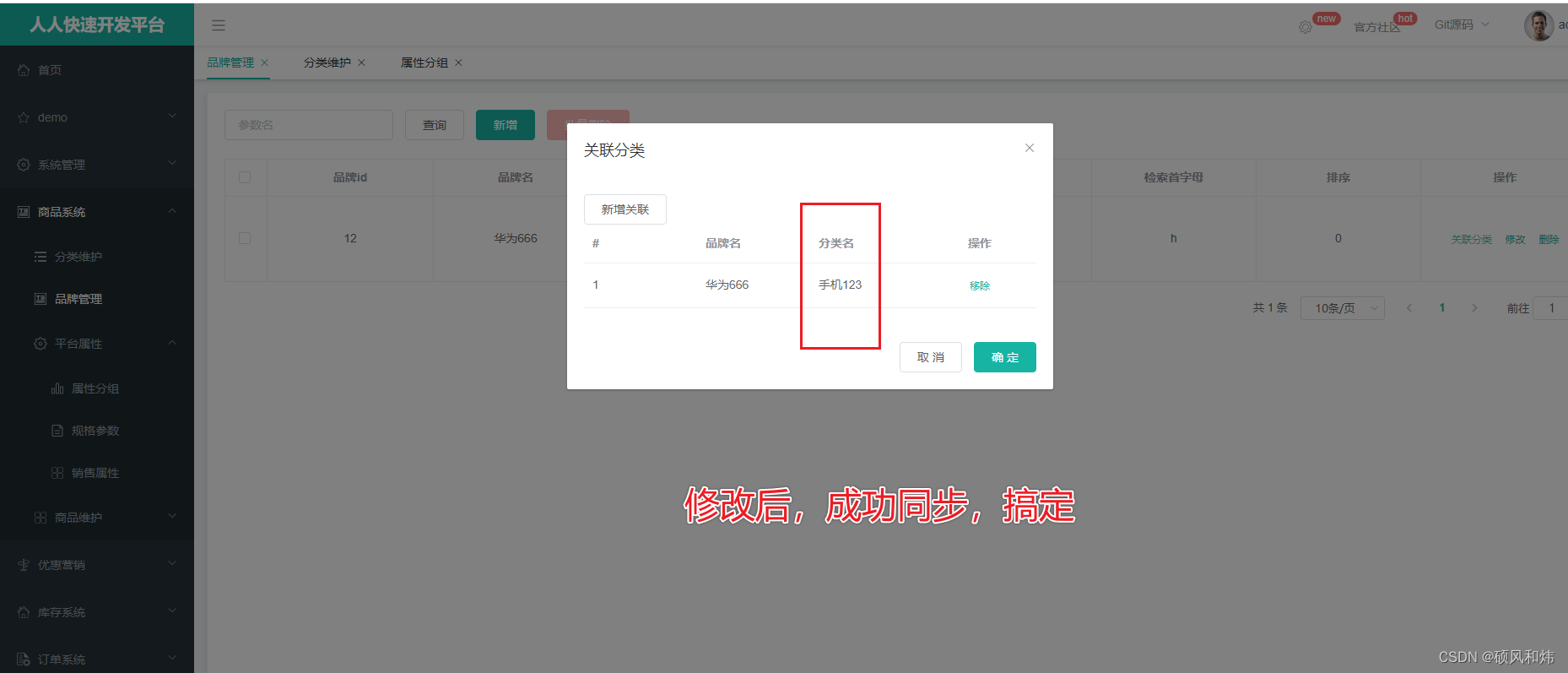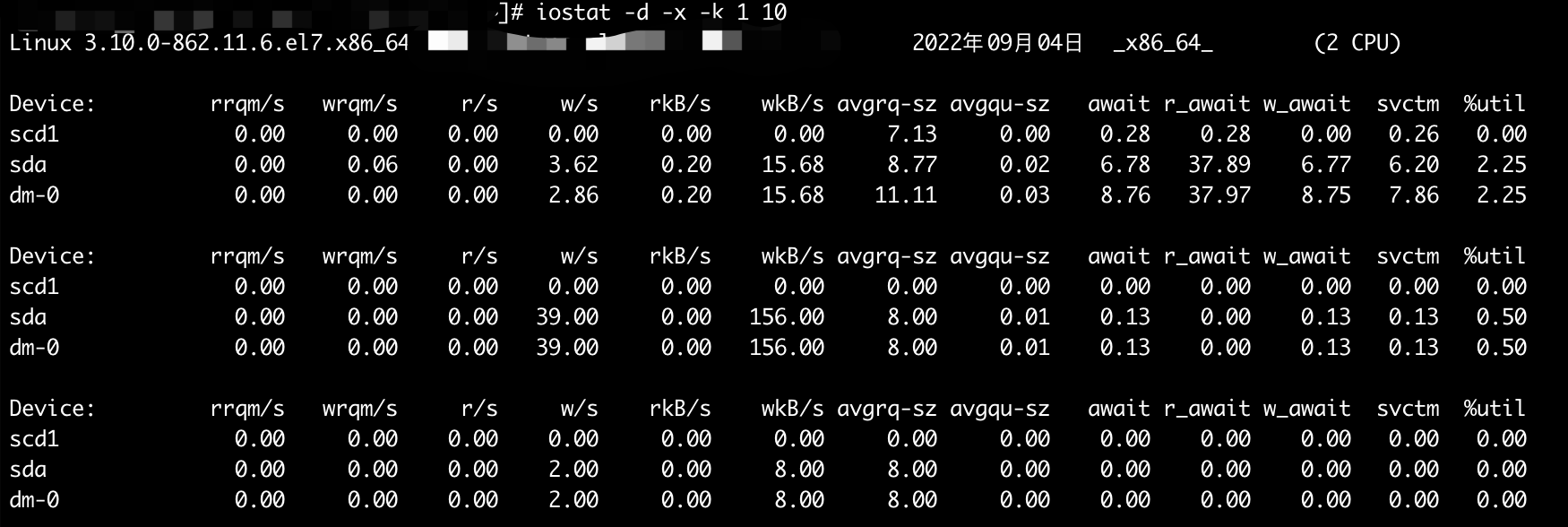1、基本概念
所有元素在插入时会自动排好序;
属于关联式容器,底层结构是用二叉树实现的
2、set和multiset的区别
set中不允许有重复元素,multiset允许有重复元素。
3、构造和赋值
构造:
set<T>st; //默认构造
set<const set &st>; //拷贝构造函数
赋值:
重载等号操作符 =
void printSet(set<int>&s)
{
for (set<int>::iterator it = s.begin(); it != s.end(); it++)\
{
cout << *it << " ";
}
cout << endl;
}
void test01()
{
set<int>s1;
//插入数据只能用 insert
s1.insert(10);
s1.insert(20);
s1.insert(5);
s1.insert(20);
printSet(s1);//5 10 20 自动排序 且去除重复元素
set<int>s2(s1);//拷贝构造
printSet(s2); //5 10 20
}4、set大小和交换操作
set容器不能重新指定大小
函数原型:
size(); //返回容器中的元素格式
empty(); //判断是否为空
swap(); // 交换两个集合容器
void test02()
{
set<int>s1;
//插入数据只能用 insert
s1.insert(1000);
s1.insert(200);
s1.insert(5);
s1.insert(180);
printSet(s1);//5 180 200 1000自动排序 且去除重复元素
if (s1.empty())
{
cout << "为空" << endl;
}
else
{
cout << "不为空" << endl;
cout << "容器大小为:" << s1.size() << endl;
}
set<int>s2;
s2.insert(9999);
s1.swap(s2);
cout << "交换后:" << endl;
printSet(s1);
}
4、set容器的插入与删除
函数原型:
clear();//清空
erase(pos); //删除pos迭代器所指的元素,返回下一个元素的迭代器
erase(beg,end); //删除区间[beg,end]的所有元素,返回下一个元素的迭代器
erase(elem); //删除容器中值为elem的元素
void test03()
{
set<int>s1;
//插入数据只能用 insert
s1.insert(1000);
s1.insert(200);
s1.insert(5);
s1.insert(180);
printSet(s1);//5 180 200 1000自动排序 且去除重复元素
set<int>::iterator it = s1.begin();
it++; // 将it指向第二个元素
set<int>::iterator it1 = s1.end();
it1--; //指向倒数第二个元素
set<int>::iterator a;
a = s1.erase(it, it1); //预计返回指向最大元素的迭代器
cout << "*a=" << *a << endl; //1000
printSet(s1); //输出最大的元素和最小元素 5 1000
}
5、set容器的查找与统计
函数原型:
find(key); //查找key是否存在 若存在返回该键的元素的迭代器,若不存在,则返回set.end()
count(key); //统计key的个数 0或1
void test04()
{
set<int>s1;
s1.insert(1000);
s1.insert(200);
s1.insert(5);
s1.insert(180);
s1.insert(30);
printSet(s1);//5 30 180 200 1000自动排序 且去除重复元素
set<int>::iterator pos = s1.find(30);
if (pos != s1.end())
{
cout << "找到了元素" << *pos << endl;
}
else
{
cout << "元素不存在" << endl;
}
int num = s1.count(180);
if (num == 0)
{
cout << "元素不存在" << endl;
}
else
{
cout << "元素个数为:" << num << endl;
}
}
6、set和multiset的区别
set在insert会给一个pair类型的返回结果,而multiset不会,multiset会返回一个迭代器。
void printMSet(multiset<int>&ms)
{
for (multiset<int>::iterator it = ms.begin(); it != ms.end(); it++)\
{
cout << *it << " ";
}
cout << endl;
}
void test05()
{
set<int>s1;
s1.insert(1000);
s1.insert(200);
pair<set<int>::iterator, bool>ret = s1.insert(10);
if (ret.second == true)
{
cout << "插入成功!"<<endl;
}
else
{
cout << "插入失败" << endl;
}
ret = s1.insert(10);
if (ret.second == true)
{
cout << "插入成功!" << endl;
}
else
{
cout << "插入失败"<<endl;
}
multiset<int>ms;
ms.insert(10);
ms.insert(10);
printMSet(ms);//10 10
}

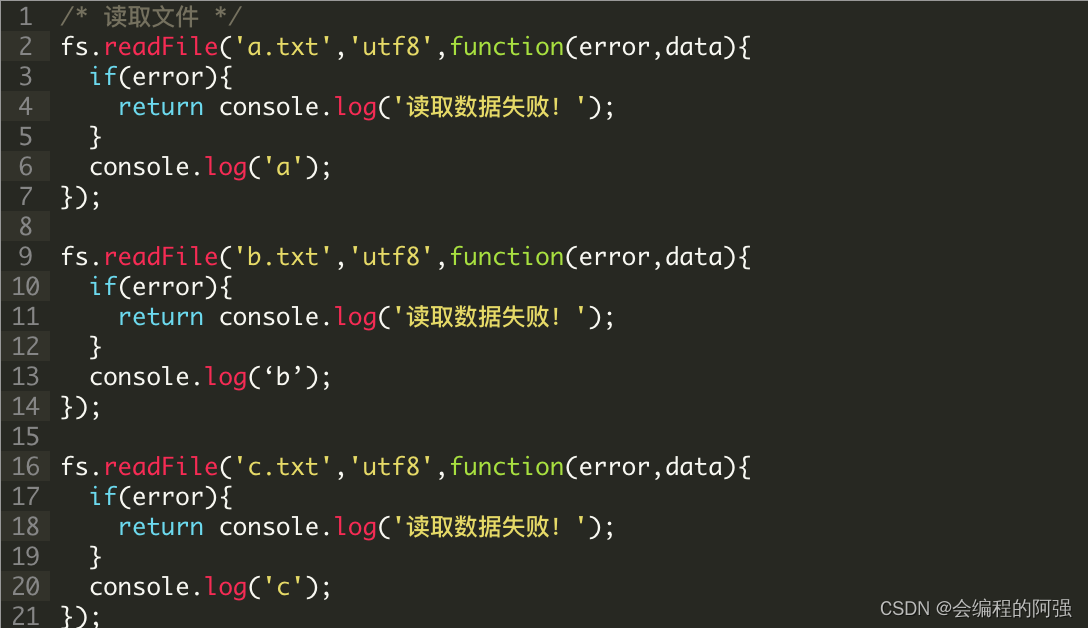
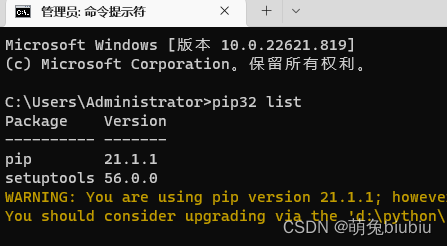
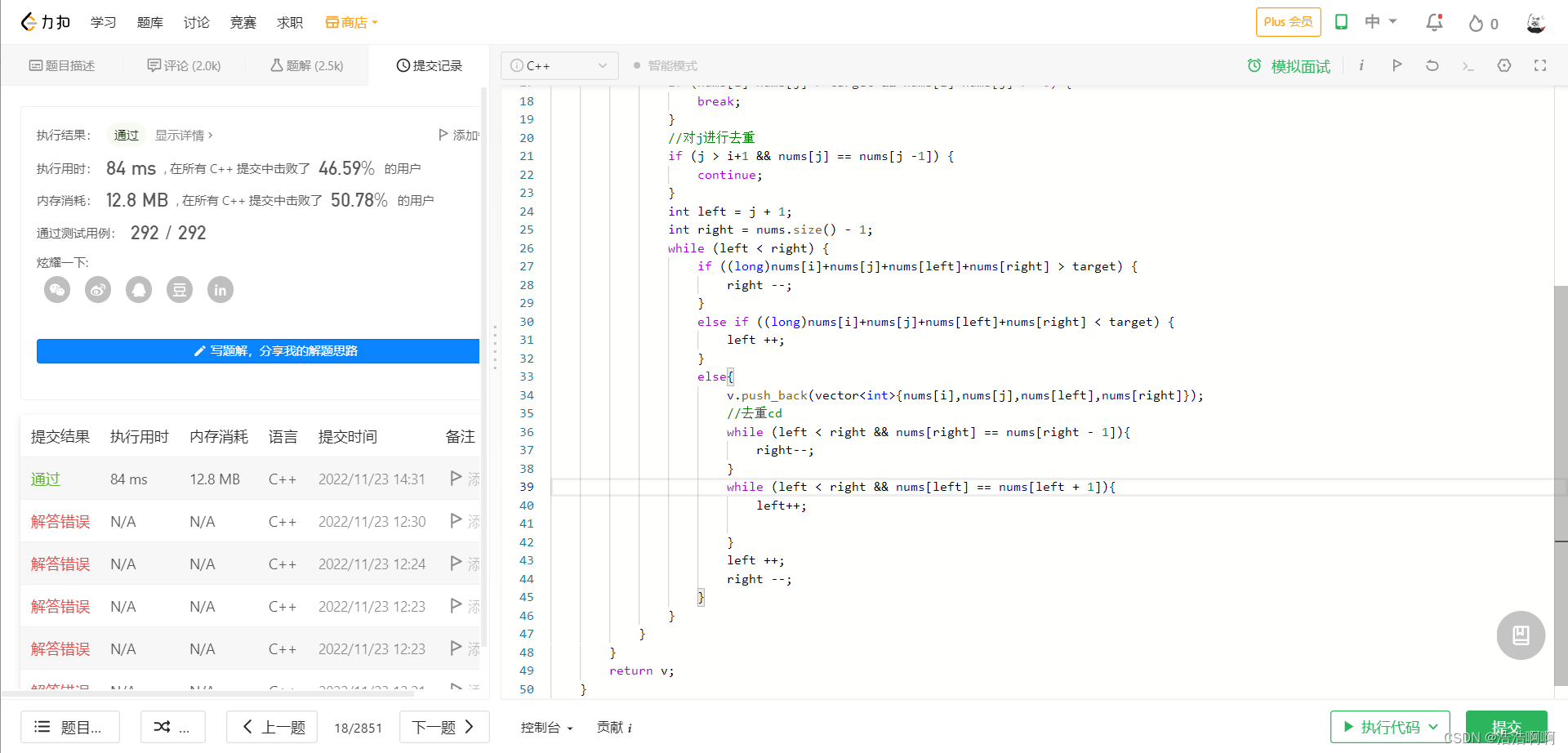

![[附源码]java毕业设计学生宿舍管理系统](https://img-blog.csdnimg.cn/e1e650c7dcfe4dd1972d221459ebc442.png)
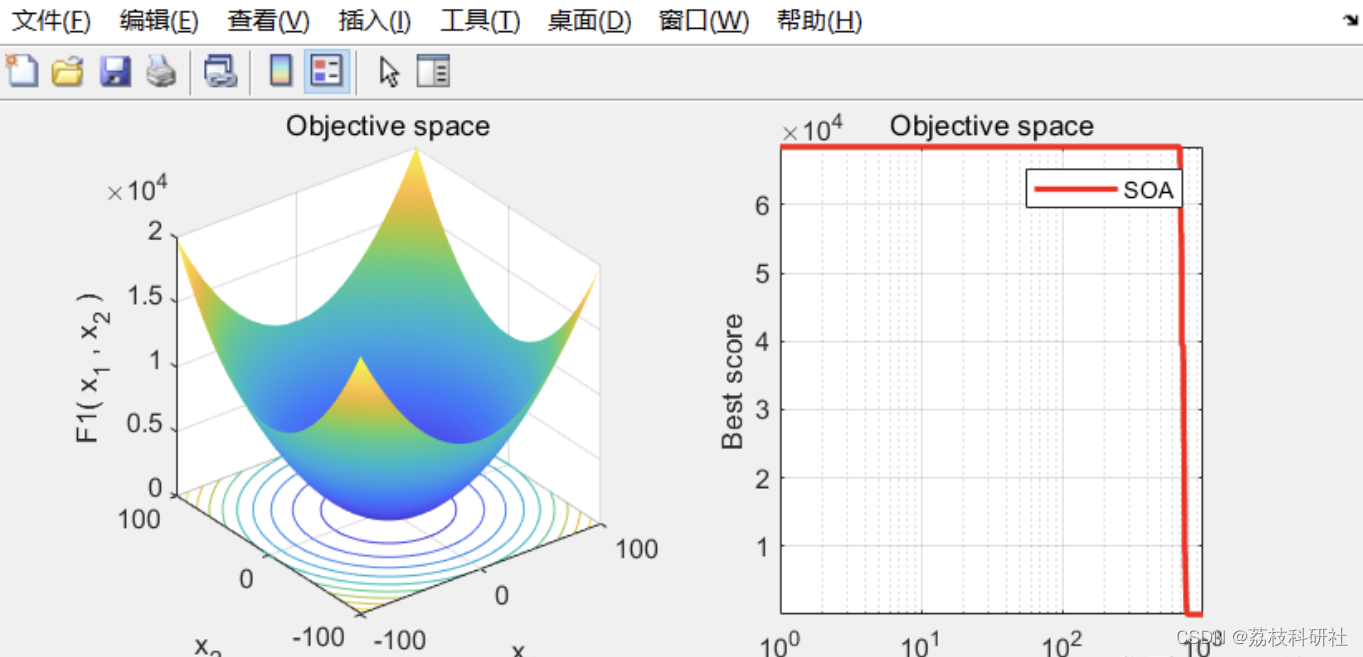
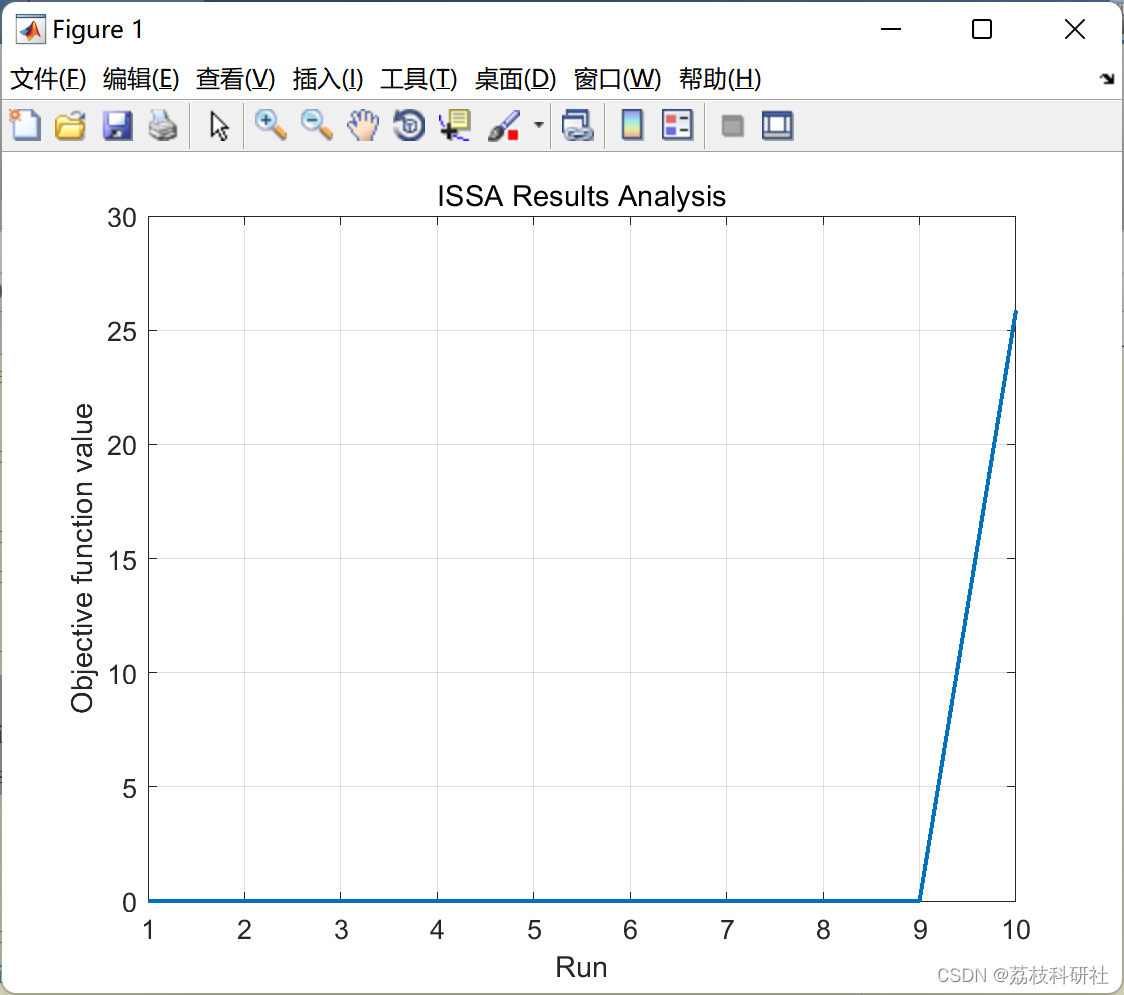

![[附源码]java毕业设计校园摄影爱好者交流网站](https://img-blog.csdnimg.cn/79177eac6d4b42f6b32735b5f29c735d.png)
